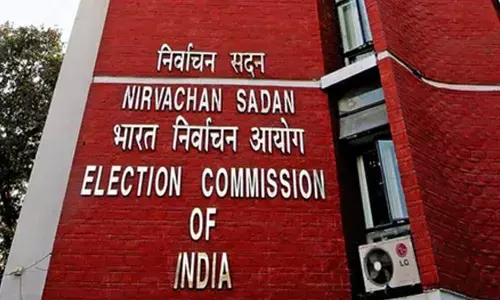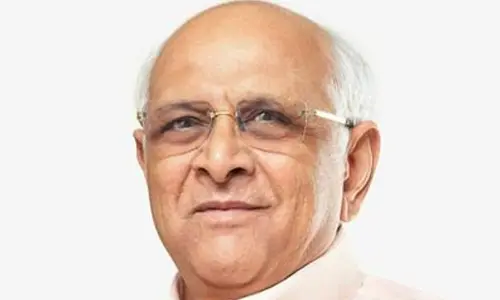Research links stroke with long-term cognitive decline

Australian research has linked stroke to immediate and accelerated long-term cognitive decline.
New Delhi: Australian research has linked stroke to immediate and accelerated long-term cognitive decline.
In a study published, researchers from the Centre for Healthy Brain Ageing (CHeBA) at the University of New South Wales Sydney found that older adults who have a stroke for the first time experience substantial immediate cognitive decline.
Stroke occurs when blood flow to the brain is blocked or reduced, damaging brain cells. According to the World Health Organization, 15 million people worldwide suffer a stroke every year -- 10 million of whom either die or are left permanently disabled, Xinhua news agency reported.
The CHeBA team analysed data from 14 studies spanning 11 countries that tracked the health and cognitive abilities of 20,860 community-dwelling adults -- with an average of 73 years -- who did not have a history of dementia or stroke.
All participants exhibited a moderate rate of cognitive decline before any stroke -- which researchers attributed to typical ageing and health conditions -- but those who experienced a stroke during the study period suffered a significant immediate drop in all areas of cognitive performance.
The immediate cognitive decline was followed by an accelerated long-term decline.
“By analysing their cognitive abilities over several assessment time points before and after stroke, we mapped out the course of changes in their thinking and memory over the periods before and after stroke, and therefore, were able to determine the changes in cognitive ability due to a stroke,” Jess Lo, a CHeBA biostatistician and leader of the research, said in a media release.
Individuals who had a history of diabetes, high cholesterol, depression, hypertension, heart disease, smoking or carried the gene APOE4 -- a major risk factor in developing Alzheimer’s disease -- exhibited significantly faster cognitive decline before any stroke. Lo said the findings support the hypothesis that vascular risk factors have their greatest impact on cognitive function years before stroke onset and that targeting risk factors at an early stage could reduce the risk of stroke and stroke-related cognitive decline.
















